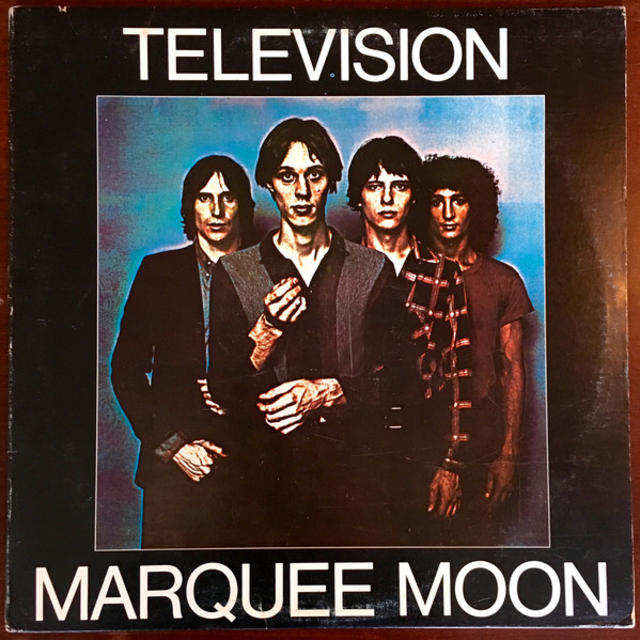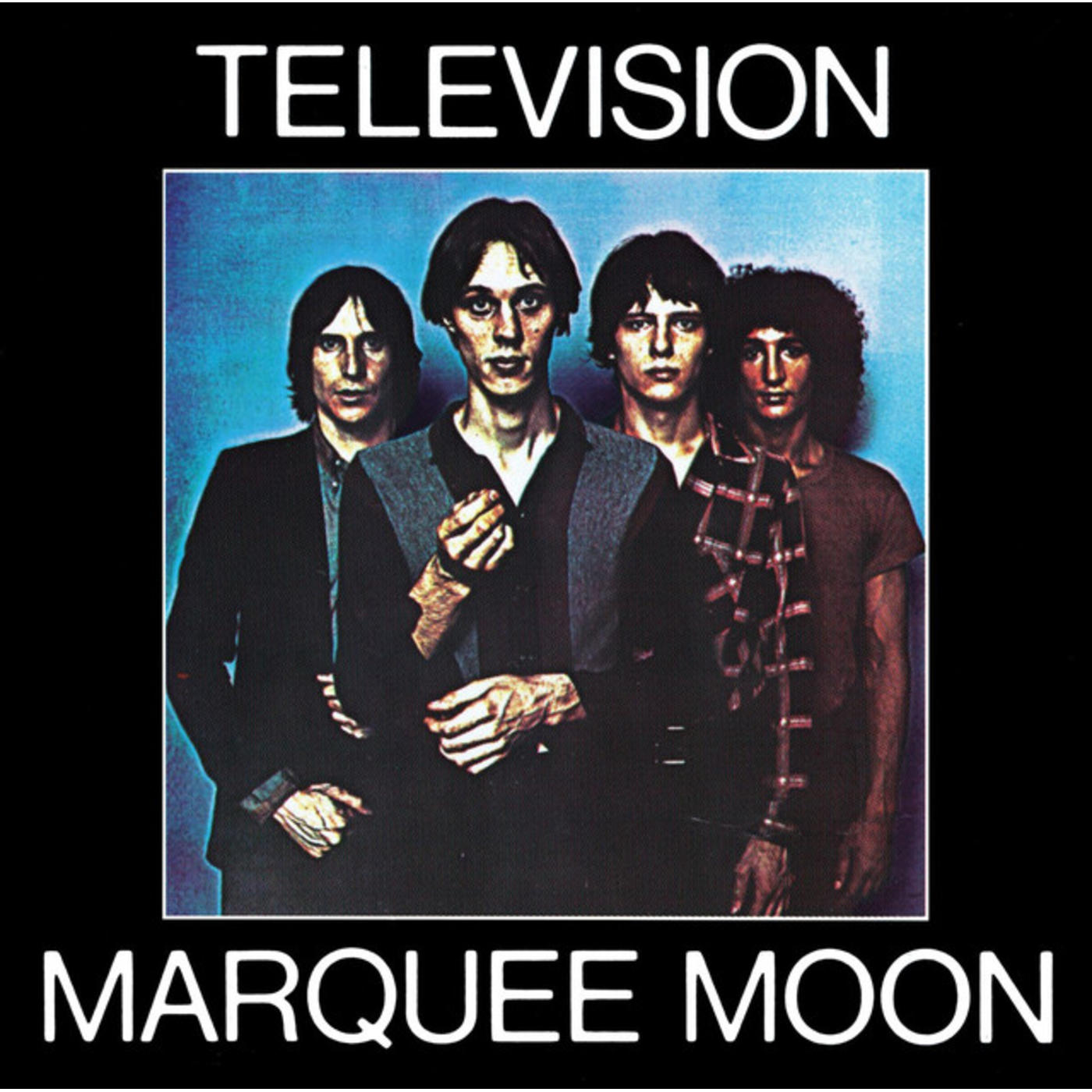Deep Dive: Television, MARQUEE MOON

It was December 1973 when Hilly Kristal launched legendary New York club CBGB. The name was an acronym for Country, BlueGrass & Blues, but the music that made the location famous was anything but; heralded as the dive-bar incubator, CBGBs allowed such pioneering acts as the Ramones, Talking Heads, Patti Smith and Blondie to hone their craft en route to becoming world-famous stars of the burgeoning punk/new wave scene. Also among that cluster of legends in the making was band arguably more influential than any of the above, but never able to achieve the same commercial success: Television.
Led by guitarist Tom Verlaine, Television developed a sound that helped lay the groundwork for what came to be known as post-punk. Sparse, interlocking guitar lines between Verlaine and Richard Lloyd, matched with melodic bass melodies and Verlaine's smart and poetic lyricism, using New York City as the backdrop for his impressionistic musings. Television convinced Kristal to give the band a residency (the club's first), where they further worked on songs and grew a devoted audience of fans, including many of their contemporaries. David Bowie was once quoted as saying Television was "The most original band I've seen in New York. They’ve got it" after catching a show. Fellow CBGB artist Patti Smith was even more effusive, writing a live review of the band (via FarOut):
“Television is ascending. Sometimes they drive you crazy cause they get out of time yet so close to Persian. But they are worth all temperance cause when they hit it you get shot with light you never felt. They transcend every obstacle and heartache and bad night. Someone said one Sunday around 3 a.m. closing time, 'these boys are crazy'; they are just too insane, but me, I heard this funny flapping of wings and the wild boys, the wild boys, the wild boys... just smiled. They're ascending."
With the critical acclaim creating something of a bidding war for Television, the group simply took their time, waiting for the right moment. It finally arrived in the form of Elektra Records. The label released Television's debut album, Marquee Moon, on February 8, 1977. The album was produced by Verlaine and Andy Johns, who had the Rolling Stones' Exile on Main Street among his studio credits. He was also the younger brother of famed producer Glyn Johns.
"He'd say things like, 'Is this a Velvet Underground trip? What kind of trip is this?'" Verlaine recalled of working with Johns in the liner notes to Rhino’s 2004 expanded edition of Marquee Moon. "And I'd say, 'I don't know' it's just two guitars, bass and drums. It's like every band you've ever done.'" So he said, 'O.K., I'll come back after Christmas.' So he came back and all of a sudden he totally loved the record. He said, 'Jesus, this is great.' And he kept comparing all these cuts to all this classic British hard rock."
On April 1, 1977, the album's title track was released as a single. A second single--"Prove It"--followed over the summer on July 22, 1977.
Critics quickly heralded Marquee Moon as a triumph, with rave reviews in both America and England. By the end of the year, it landed at #3 on the annual Village Voice Paz & Jop poll of U.S. music critics. In the States, the acclaim never translated to sales, with Marquee Moon not even hitting the Billboard 200 chart. In England, it reached #28 on the album chart. In Sweden, the record climbed as high as #23.
The band's influence, however, lives on. Marquee Moon currently sits at #107 on the Rolling Stone 500 Greatest Albums of All-Time list. The band's sound has influenced a wide swath of guitar-based music, from "math-rock" to NYC's "garage rock" movement of the early '00s.
"You know, Tom would probably hate me saying this, but thank god so many of those young bands have ripped us off," admitted Jimmy Rip, a longtime session guitarist who officially joined Television in 2007. "It seems like every 10 years or so, a whole new batch of fans are introduced to Television because we're so commonly cited as an influence. I think that's a good thing. It reminds people how great this band is."

